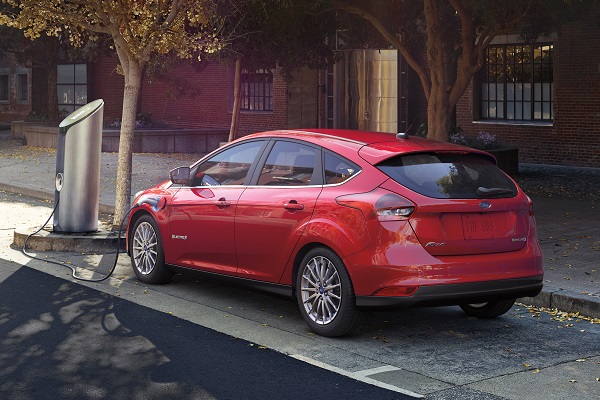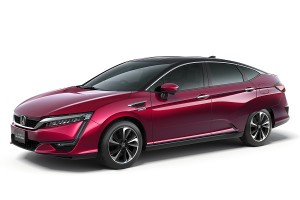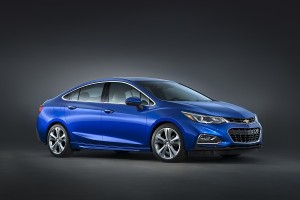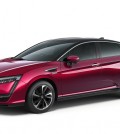100-Mile EVs are Fine with Ford, but will Consumers Bite?
 2016 Ford Focus Electric (Credit: © Ford)
2016 Ford Focus Electric (Credit: © Ford)Today’s affordable EVs are primed to travel further than they ever have before, as the Tesla Model 3 and the Chevy Bolt are both set to deliver at least 200 miles of range per charge. Nissan is also jumping in on the range-boosting bandwagon as it’s promising a 200-mile Leaf in 2018. On the flip-side of the equation, Ford is not interested in participating in this war as it focuses more on affordability and profitability in lieu of extended ranges.
» Related: Demand for the Ford GT Far Outweighs Supply
Ford has proven this with the announcement that the 2017 Focus Electric will have a range of 100 miles—up from 76 miles in 2016. According to Automotive News, Kevin Layden, Ford’s director of electrification programs and engineering, prefers to keep the Focus’ weight and cost in check by using a battery pack that delivers a lower range as he feels this will satisfy a “big chunk of the population.” In contrast, many speakers at the SAE World Congress claimed that a 200-mile range is the mark to hit to relieve range anxiety.
In my opinion, both sides have strong arguments, and it really comes down to pricing. Today, the Focus Electric and its 76-mile range rings in at $29,170 while the 200-plus-mile Model 3 and Bolt will ring in at about $35,000. In order to keep buyers interested in the Focus Electric and its 100-mile range, buyers will likely look for a wider gap between it and the two 200-mile machines. I think the sweet spot for Ford would be the sub-$20k range with the federal tax break included. This means base pricing would need to fall somewhere in the $27,500 range.
While it seems unlikely that Ford can increase the Focus’ range and lower its base price, but it needs to do something to better compensate buyers for opting for half the range.
Stay tuned for more info.


















